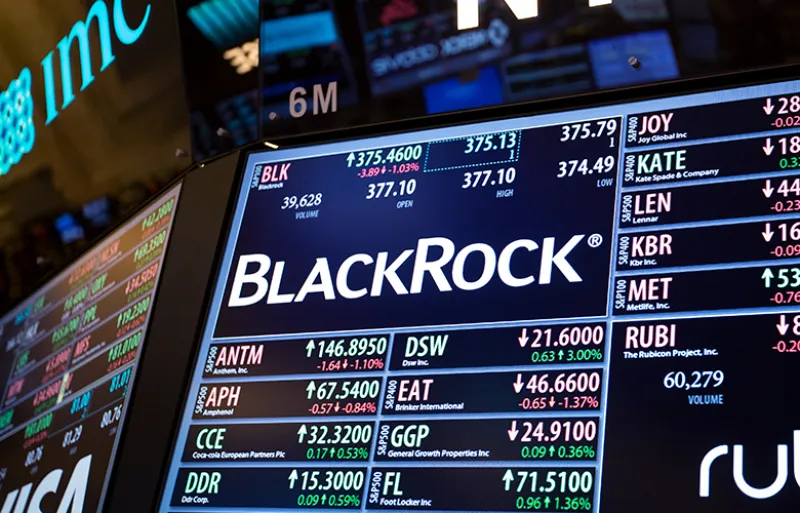BlackRock has developed a geopolitical risk indicator, which identifies the top 10 global threats to investors.
The biggest risks identified by the tool now is the market impact of U.S. trade policy, including with China, European and Asian companies doing business in Iran, and the potential of the U.S. to withdraw from the North American Free Trade Agreement. “It’s the potential for retaliation that is the most disruptive force,” said Isabelle Mateos y Lago, chief multi-asset strategist for the BlackRock Investment Institute.
BlackRock’s new tool for clients provides information on the impact of each risk if it materializes, the triggers that investors should look for to determine whether they should make changes to their portfolio, and assets that would be sensitive to each type of shock. BlackRock plans to ultimately provide clients with a customized assessment of their entire portfolios based on geopolitical risks.
Mateos y Lago says the firm has learned over the last few years that it’s important to understand the extent to which geopolitical risks have been priced into the markets. “We’ve learned by looking at market reactions to geopolitical surprises over the last couple of years that if the bulk of the risk has been priced in, then investors may get a relief reaction when it does happen and the uncertainty is removed,” she said.
[II Deep Dive: The New Threat Facing Developed Markets]
As an example, the BlackRock political risk tool found that the geopolitical risk of North Korea to global markets was in line with the long-term average. When President Donald Trump cancelled his meeting with North Korea’s leader, Kim Jong Un, last Thursday, the markets’ reaction was muted. “The market wasn’t pricing in any good news, so there was very little reaction to the canceling of the Summit,” said Mateos y Lago.
BlackRock’s geopolitical risk indicator also shows when the market may be unprepared for certain global shocks, with Italy’s populist parties failing to form a government being one example. The firm's indicator had signaled that concern around European fragmentation was below average, according to Mateos y Lago. When events unfolded in Italy, the stock and bond markets declined in the country and spread to the U.S. as investors reassessed the impact of the moves.
BlackRock developed the tool using insights from its risk and quantitative analysis group as well as a steering committee of the firm's investment professionals with expertise in different regions and countries around the world. The geopolitical-risk steering committee meets every other month. BlackRock also adds a sentiment score that it derives from analyst reports and other public information, including social media.
“A lot is happening in the geopolitical sphere every day, but only some of it matters from an investor perspective,” said Mateos y Lago.







